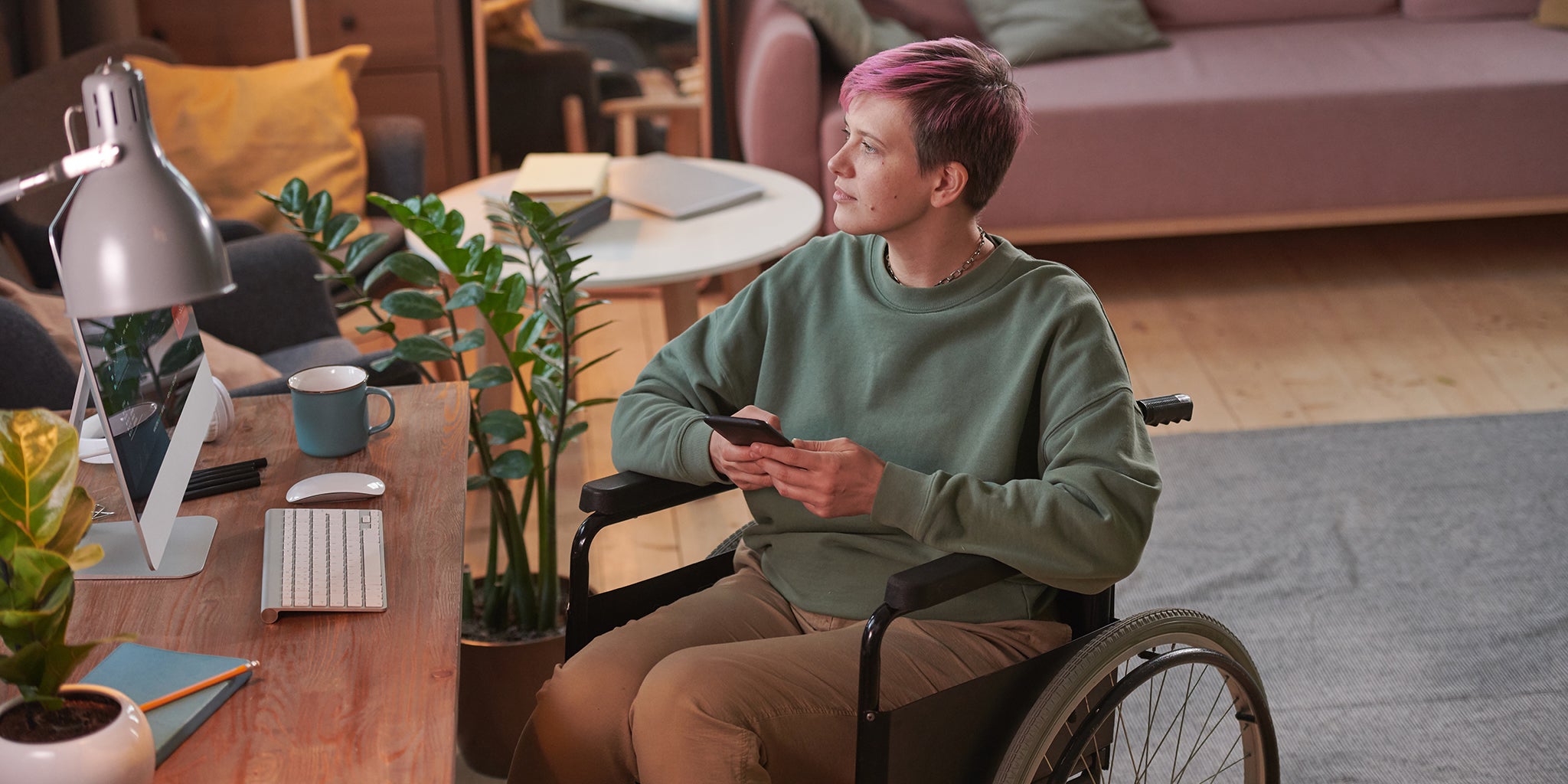
How can smart technology make life easier and more accessible for people with disabilities? Whether it’s automating tasks, enhancing security, or improving mobility, smart assistive devices have the potential to transform the lives of individuals with disabilities. In this article, we explore some of the best smart assistive devices available in the market today.
Smart Automatic Garage Controller: Tailwind iQ3
An important aspect of independent living for people with disabilities is having easy access to their homes and surroundings. The Tailwind iQ3 Smart Automatic Garage Controller offers a convenient solution. By combining a hardwired door sensor and geolocation technology, it opens and closes your garage door automatically whenever you approach or leave your home. With compatibility across multiple smart home platforms, this device seamlessly integrates into your existing setup. So you can enjoy the convenience of hands-free control, ensuring that your garage door is always closed when needed.
Smart Sensors for a Safer Home
Having a safe and secure living environment is crucial for anyone, including individuals with disabilities. Smart sensors provide an extra layer of security by detecting activity and conditions around your home. They can be placed anywhere and trigger alerts or actions based on specific events.
The Aqara Motion Sensor P1 is a reliable and affordable option. It quickly detects movement and can be linked to other security devices or non-security devices, making it highly versatile. With Zigbee wireless technology, you can trust in its range and reliability, eliminating concerns about Wi-Fi dead spots. Additionally, the Aqara Temperature and Humidity Sensor and the Aqara Door and Window Sensor can further enhance your smart home experience when paired with the Aqara hub.
The Aqara Door and Window Sensor is perfect for monitoring openings in your home, such as doors, windows, medicine cabinets, or hatches. It sends smartphone alerts and can even trigger a siren, providing peace of mind and security. With wide compatibility across major voice platforms, you can conveniently check the status of your doors and windows using voice commands or integrate it with other smart devices for visual and audio alerts.
FAQs
Q: Can smart assistive devices be customized to individual needs?
A: Yes, the beauty of smart technology lies in its flexibility. Many devices can be customized to suit individual preferences and needs, allowing users to tailor their smart homes to their unique requirements.
Q: Are these devices easy to set up and use?
A: Absolutely! Most smart assistive devices are designed with user-friendly interfaces and companion apps, making the setup and operation process straightforward. Additionally, they often integrate with popular voice platforms, simplifying control through voice commands.
Q: Can these devices be integrated into existing smart home setups?
A: Yes, many smart assistive devices are designed to work seamlessly with popular smart home platforms like Amazon Alexa, Apple Home, Google Home, and more. This allows for easy integration with existing setups, ensuring a cohesive and efficient smart home experience.
Conclusion
Smart assistive devices have the potential to revolutionize the lives of individuals with disabilities, offering greater convenience, security, and independence. From smart automatic garage controllers to versatile sensors, the possibilities are endless. Explore the options that best meet your needs and embrace the power of smart technology to enhance your daily life.
